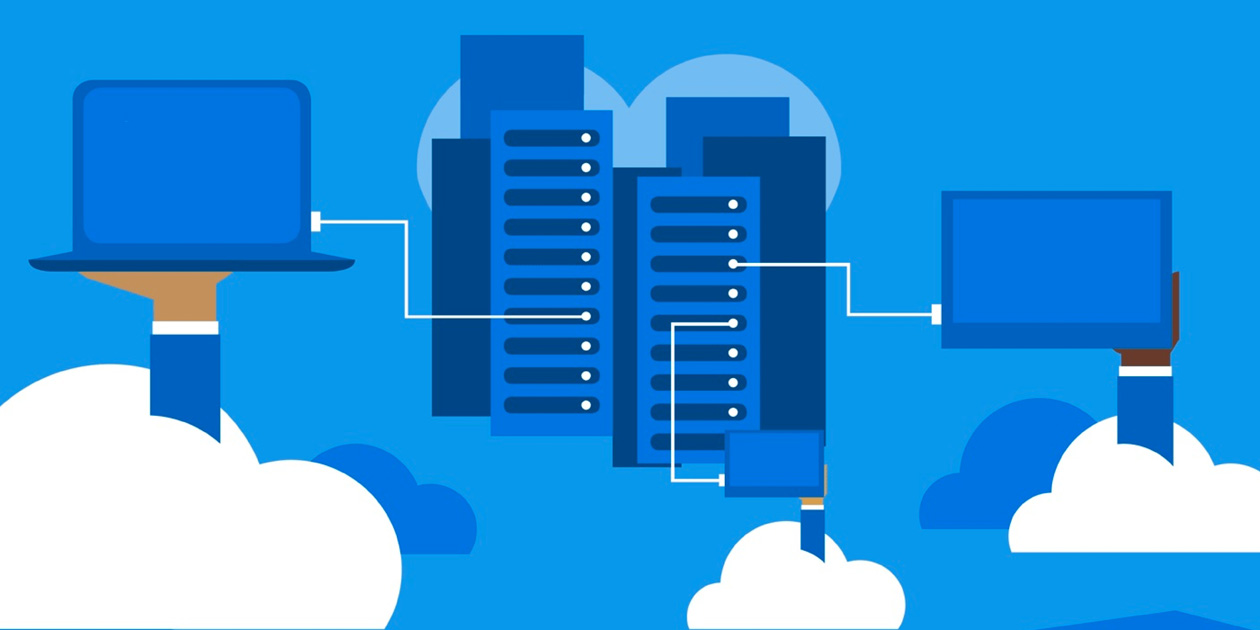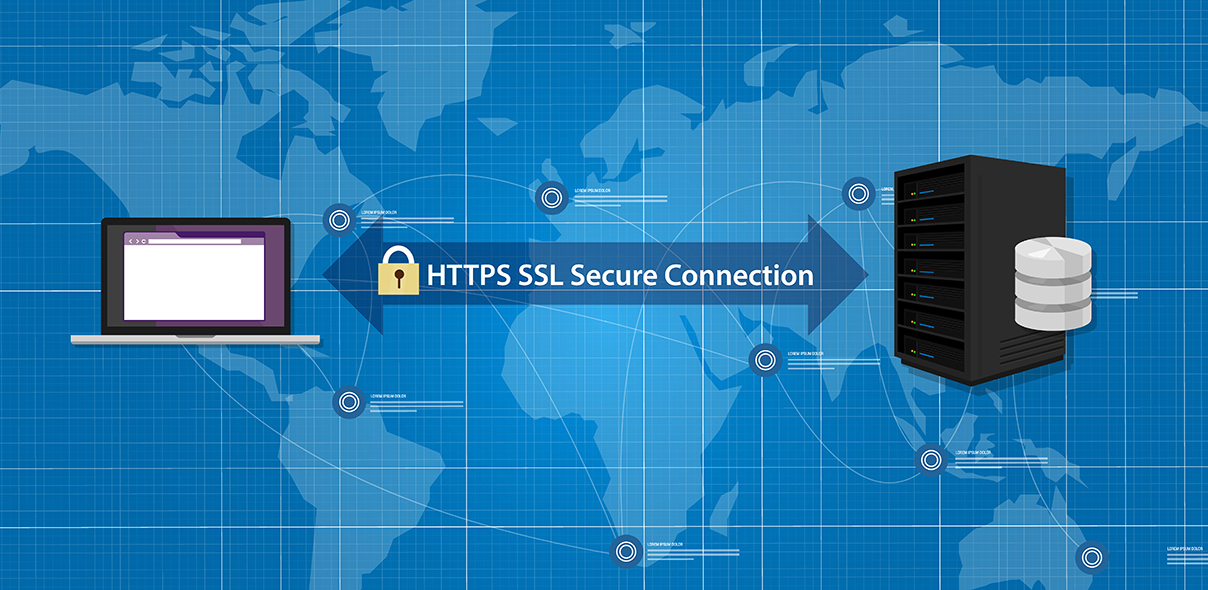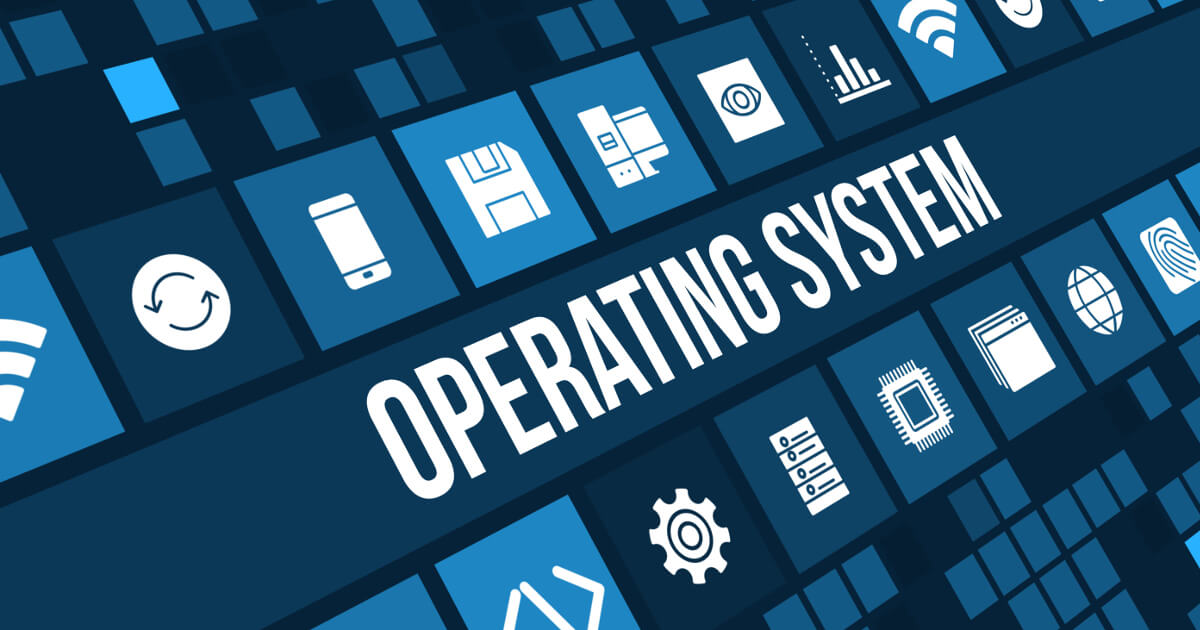

HTTP means HyperText Transfer Protocol. HTTP is the underlying protocol used by the World Wide Web and this protocol defines how messages are formatted and transmitted, and what actions Web servers and browsers should take in response to various commands.

WordPress is a free and open-source content management system based on PHP & MySQL.

All data transmitted over the internet is sent and received using a specific set of commands, also known as a protocol. Each protocol is assigned a specific port number. For example, all website data transferred over HTTP uses port 80. Data sent over HTTPS uses port 443. Other common ports include:

Email archiving (also spelled e-mail archiving) is a systematic approach to saving and protecting the data contained in email messages to enable fast retrieval. These tools play a vital role at organizations in which data permanence is a priority.

IMAP and POP are two different protocols. There are many differences between these two.

Simple Mail Transfer Protocol (SMTP) is the standard protocol for email services on a TCP/IP network. SMTP provides the ability to send and receive email messages.

Microsoft Azure, formerly known as Windows Azure, is Microsoft's public cloud computing platform. It provides a range of cloud services, including those for compute, analytics, storage and networking. Users can pick and choose from these services to develop and scale new applications, or run existing applications, in the public cloud.

Webmail is a Web-based email system. These types of server-based email systems are popular, especially with younger users.

IMAP (Internet Message Access Protocol) is a standard email protocol that stores email messages on a mail server, but allows the end user to view and manipulate the messages as though they were stored locally on the end user's computing device(s). This allows users to organize messages into folders, have multiple client applications know which messages have been read, flag messages for urgency or follow-up and save draft messages on the server.

POP3 (Post Office Protocol 3) is the most recent version of a standard protocol for receiving e-mail. P

Symantec provides security products and solutions to protect small, medium, and enterprise businesses from advanced threats, malware, and other cyber ...

CPanel is an online Linux-based web hosting control panel that provides a graphical interface and automation tools designed to simplify the process of hosting a web site to the website owner or the "end user".

Enterprise resource planning (ERP) is business process management software that allows an organization to use a system of integrated applications to manage the business and automate many back office functions related to technology, services and human resources.

Customer relationship management (CRM) is a term that refers to practices, strategies and technologies that companies use to manage and analyze customer interactions and data throughout the customer lifecycle, with the goal of improving customer service relationships and assisting in customer retention and driving sales growth. Tim Ehrens

Infrastructure as a service (IaaS) is a form of cloud computing that provides virtualized computing resources over the internet.

Cloud backup is a type of service through which cloud computing resources and infrastructure are used to create, edit, manage and restore data, services or application backup.

The truth of the matter is these two web server platforms are functionally equivalent, it all depends on what are your hosting needs, and what are you most comfortable with.

Web hosting is a service that allows organizations and individuals to post a website or web page onto the Internet.

A virtual private server (VPS), also called a virtual dedicated server (VDS), is a virtual server that appears to the user as a dedicated server, but that is actually installed on a computer serving multiple websites.

Users enter web addresses into the URL field at the top of their browser's page from left to right.

A Secured Socket Layer, or SSL, is the usual way that a website creates a secure connection with a web browser.

A cloud server is a logical server that is built, hosted and delivered through a cloud computing platform over the Internet. Cloud servers possess and exhibit similar capabilities and functionality to a typical server but are accessed remotely from a cloud service provider.

Domains must be valid and already registered with another registrar.

A domain name registrar is company that has been accredited by the Internet Corporation for Assigned Names and Numbers (ICANN) or a national country code top-level domain (TLD) (such as .uk or .ca) to register domain names.

Abbreviated as VIPA, a virtual IP address is an IP address that is shared among multiple domain names or multiple servers. A virtual IP address eliminates a host's dependency upon individual network interfaces. Incoming packets are sent to the system's VIPA address, but all packets travel through the real network interfaces.

Domain names are used to identify one or more IP addresses. For example, the domain name microsoft.com represents about a dozen IP addresses.